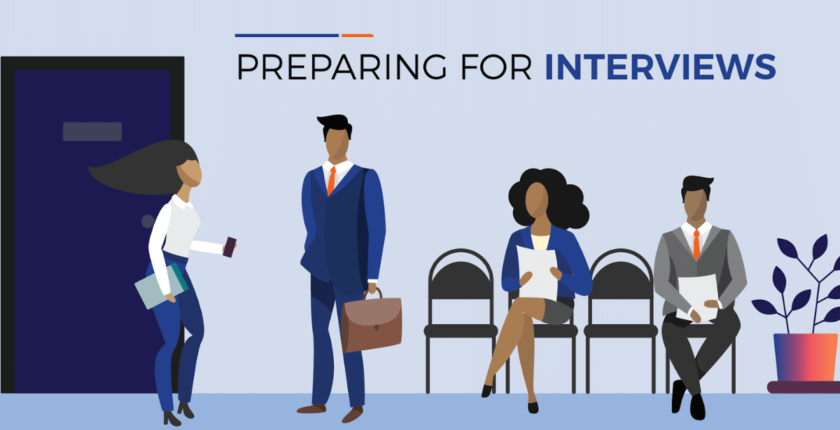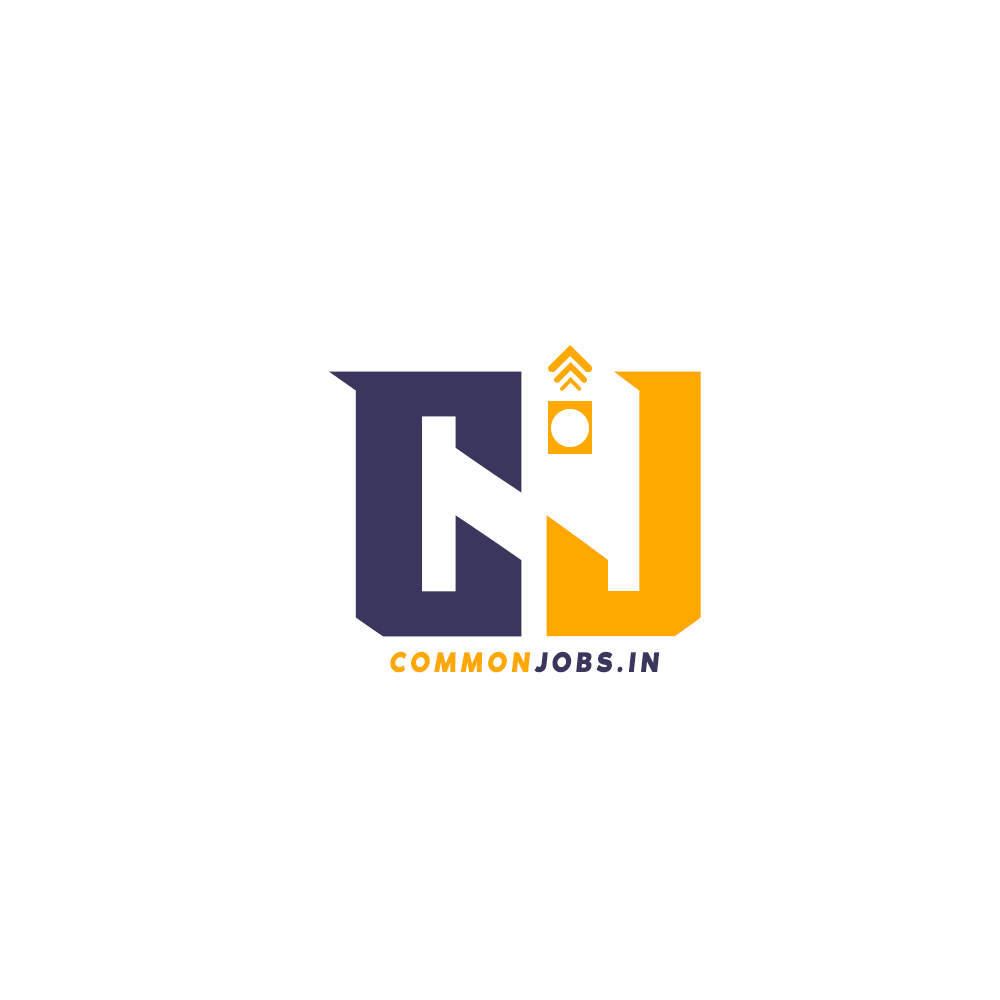How to Prepare for a Job Interview?
How to Prepare for a Job Interview | Prepare for a job interview | Job interview | interview preparation | job interview preparation
Job interviews can be nerve-racking, but with proper preparation, you can improve your chances of success. Your resume got you in the door, but the interview is your chance to shine and demonstrate why you are the best candidate for the job. We will lead you through the stages to effectively prepare for a job interview in this detailed guide.
1.Research the Company :
It is critical to conduct research on the firm you are interviewing with before even entering the interview room. This not only demonstrates your genuine interest to your possible employer, but it also allows you to personalize your responses to their individual needs and culture. Here’s How to Prepare for a Job Interview :
a. Company Background:
Begin by learning about the company’s history, mission, beliefs, and the products or services it provides. This information is available on their website, yearly reports, and news releases.
b. Industry and Competition:
Learn about the company’s industry and who its primary competitors are. Knowing about industry trends and problems can help you communicate intelligently about the organization’s market position.
c. Company Culture:
Investigate the company’s culture, values, and workplace environment. This will allow you to determine whether you are a good fit for the organization and tailor your responses accordingly.
2.Review the Job Description :
The job description serves as a road map for you to grasp what the employer is searching for. Read the job description carefully to understand how the business has portrayed the role and the type of candidate they seek. Examine the keywords and key phrases used by the employer to explain their expectations. The more closely you can match your talents and qualifications to the job description, the more likely you are to wow the interviewer. The job description may also provide some insight into the types of questions the interviewer may ask.
3.Prepare Your Answers :
Interviewers frequently ask basic questions to assess your qualifications, talents, and fit for the post. Prepare responses to queries like:
a. Please tell me about yourself.
b. What motivates you to work here?
b. What are your strong points and weak points?
d. Describe a difficult circumstance you encountered at work and how you handled it.
g. In five years, where do you see yourself?
You should also be prepared to mention specific job-related experiences and successes. When sharing your accomplishments, use the STAR (Situation, Task, Action, Result) method to arrange your comments. This allows you to present your accomplishments in a clear and simple manner.
4. Mock Interview Preparation :
It is common to feel apprehensive and overwhelmed before an interview, no matter how well you prepare. Mock interviews can be extremely beneficial in this aspect. They can simulate an interview setting and increase your confidence. Request that your friends or relatives do a mock interview for you. Consider videotaping the entire process in order to analyze your performance. If you can’t locate someone to play the interviewer, you can practice in front of a mirror.Many internet tools and interview preparation platforms provide sample interview questions and recommendations.
5.Dress Appropriately :
Your appearance is important in making a good first impression. Dressing professionally for the interview demonstrates your professionalism and regard for the chance. The dress code may differ depending on the workplace culture, however it is generally preferable to be somewhat overdressed than underdressed. Consider the following suggestions:
a. Research the Company’s Dress Code: Look up the company’s dress code on their website or ask the recruiter, and then dress accordingly.
b. Plan Ahead: Plan your attire the night before to minimize last-minute wardrobe mishaps.
b. Grooming: Pay attention to personal grooming, such as neat hair, clean nails, and the use of perfume or cologne to a minimum.
d. Accessories: Keep them basic and professional. Avoid wearing too much jewelry or flashy accessories.
6.Prepare Questions :
Most interviews will give you the option to ask questions at the end. This is your moment to show that you are really interested in the position and the organization. Here are some questions you might want to ask:
a. Describe a typical day in this position.
b. Could you tell me more about the team with which I would be working?
c. What are the company’s short- and long-term objectives?
d. How does the organization encourage professional growth?
e. What is the next stage of the interview?
7.Know Your Resume :
Expect the interviewer to ask you to elaborate on the material on your CV. Prepare to talk about your employment history, education, and any gaps or shifts in your career. Highlight specific accomplishments, responsibilities, and abilities gained in previous positions.
8.Master Non-Verbal Communication :
During an interview, your body language, tone of voice, and facial expressions all have a role in how you are seen. Here are some tips for nonverbal communication:
a. Maintain Eye Contact:
Maintain eye contact with your interviewer to indicate confidence and engagement.
b. Handshake:
When you initially meet your interviewer, offer a solid handshake and avoid a limp or overly aggressive grip.
c. Posture:
To convey confidence, sit up straight and avoid slouching.
d. grin:
A genuine grin conveys eagerness and positivity.
e. Active Listening:
Demonstrate your interest by nodding and using verbal clues such as “I understand” or “That makes sense.”
9.Prepare for Behavioral Questions :
Many recruiters utilize behavioral questions to evaluate your abilities to deal with real-world scenarios. These inquiries frequently begin with statements such as “Tell me about a time when…” or “Give me an example of…” Use the STAR technique to prepare for these questions:
a. setting:
Describe the context or setting in which you found yourself.
b. Task:
Describe the precise task or challenge you encountered.
c. Action:
Explain what steps you took to resolve the situation.
d. Outcome:
Summarize the outcome and what you learned.
10.Be Punctual :
Arrive at the venue a few minutes before the scheduled time. It allows you to rest and unwind. If it is a long distance away from your home and the drive has been exhausting, you can utilize the extra time to drink water, use the restroom, or freshen yourself. Arriving early reduces tension and allows you to mentally prepare for the interview.
11.Bring Relevant Documents :
You may have applied with a digital copy of your CV, but it is always a good idea to retain hard copies of all your documents on hand in case the interviewer requires them. Print out your résumé and cover letter. Put all of your significant documents in a folder, including your mark sheets, certificates, ID proofs, and photographs. If HR has asked you to bring any specific documents, such as wage stubs, a letter of resignation from your previous job, or a bank statement, make sure you have them ready as well.
12.Follow up with HR :
If you do not hear back from the firm within the stated time frame, you should contact the HR department to inquire about the outcome of the interview. You can reach us by phone or email. Regardless of the mode you use, make sure to include your name, position applied for, interview date, interviewer name, and other pertinent information to help the HR team remember your encounter.
13.Update Your Social Media Accounts :
Make sure your profile on LinkedIn, Facebook, Twitter, or any other social media platform is up to date. Employers frequently look at your social media presence to get a sense of your personality and background. Look up your name in Google to see what comes up. If there is anything unpleasant, be prepared to respond if the interviewer brings it up.


